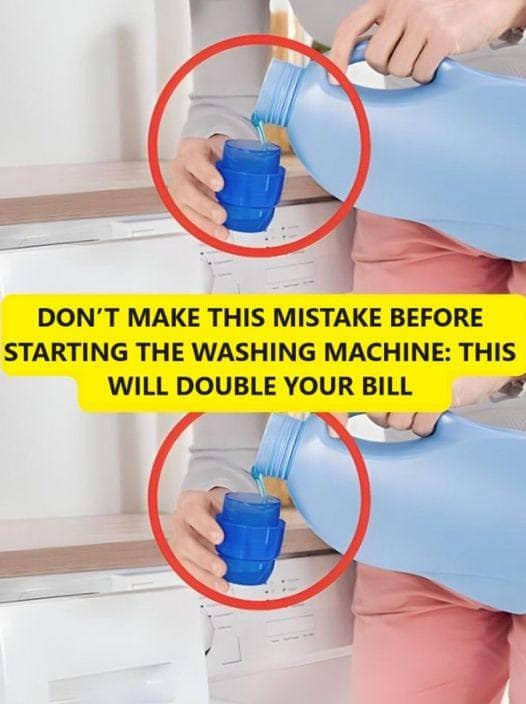ADVERTISEMENT
3. Consider Energy-Efficient Models:
If you’re in the market for a new washing machine or planning an upgrade, look for models with energy-saving features. Energy Star-certified machines are designed to use less water and electricity without compromising the quality of the wash.
4. Cold Water Washing:
The majority of laundry loads can be effectively cleaned with cold water. Heating water accounts for a significant portion of energy consumption during the wash cycle. Switching to cold water washing whenever possible can significantly reduce your energy usage and lower your bills.
5. Maintain Your Washing Machine:
Regularly clean and maintain your washing machine to ensure optimal performance. Clean the lint filter, inspect and replace worn-out hoses, and keep the machine free from debris. A well-maintained machine operates more efficiently, saving you both energy and money.
Avoiding the mistake of washing small loads on a regular cycle can go a long way in reducing your energy consumption and utility bills. By waiting for full loads, using the appropriate settings, and considering energy-efficient models, you can optimize your washing machine usage. Additionally, adopting cold water washing and maintaining your machine will further contribute to energy savings. By being mindful of your laundry habits and taking steps to maximize efficiency, you can enjoy clean clothes while keeping your bills in check.
ADVERTISEMENT
